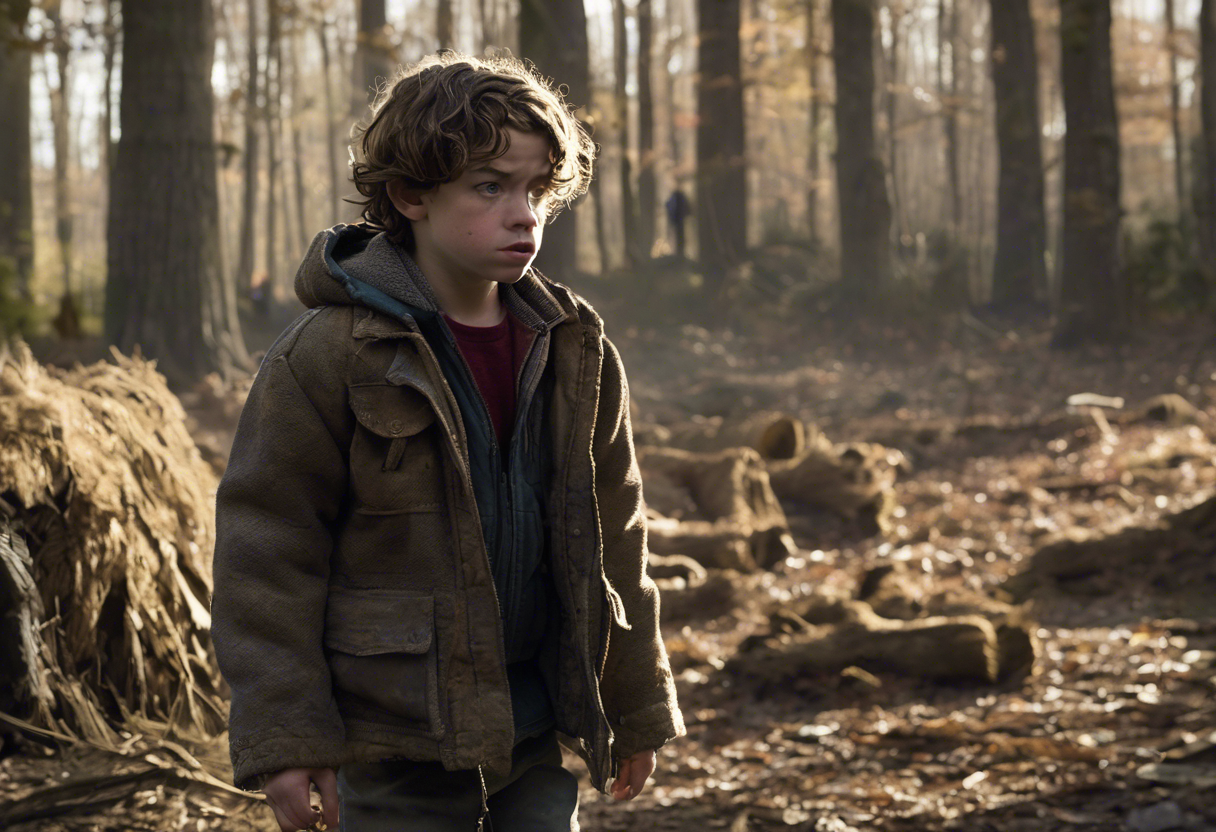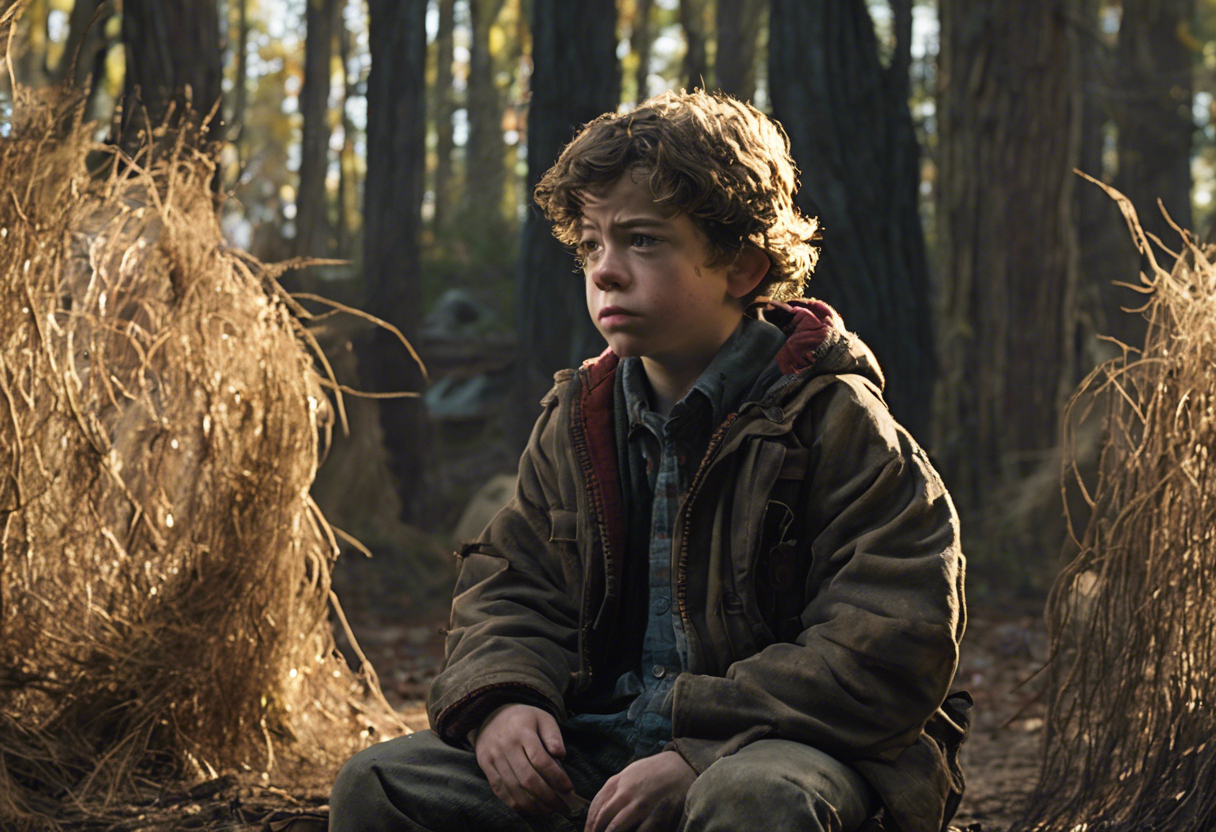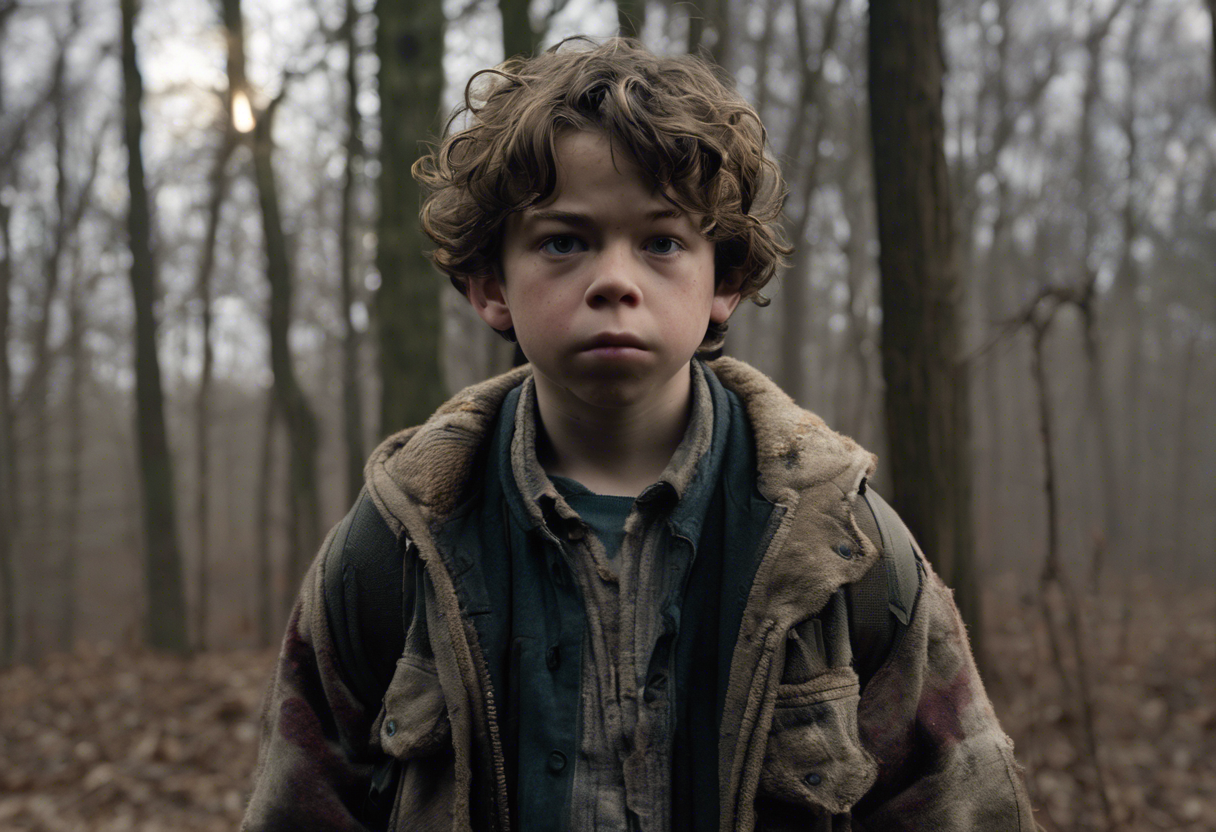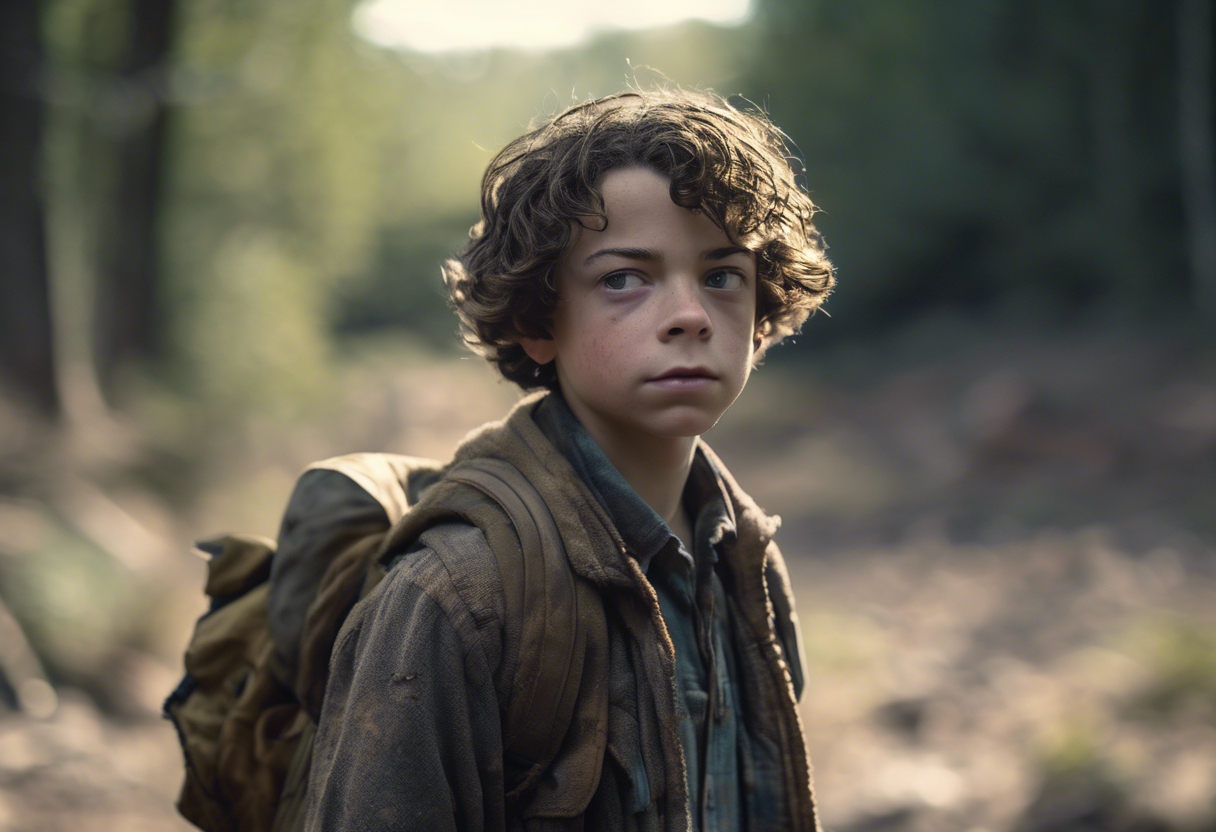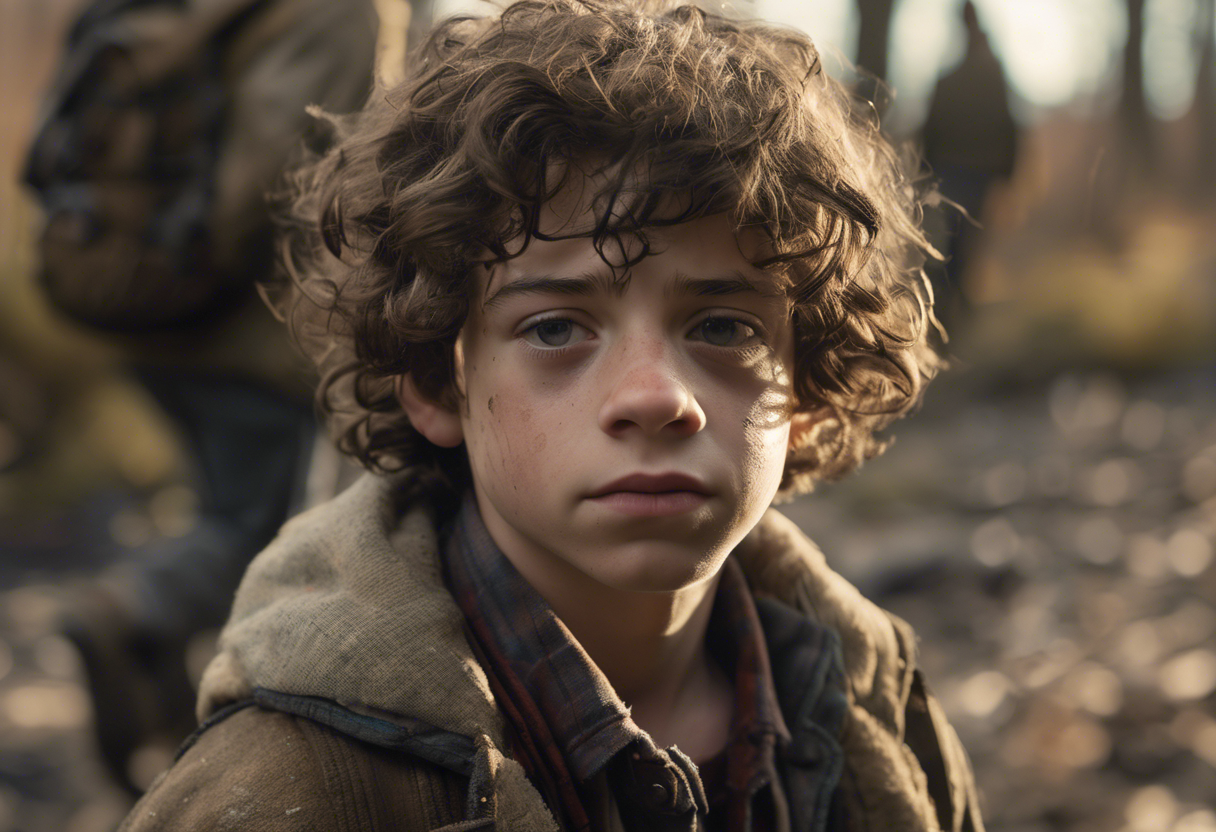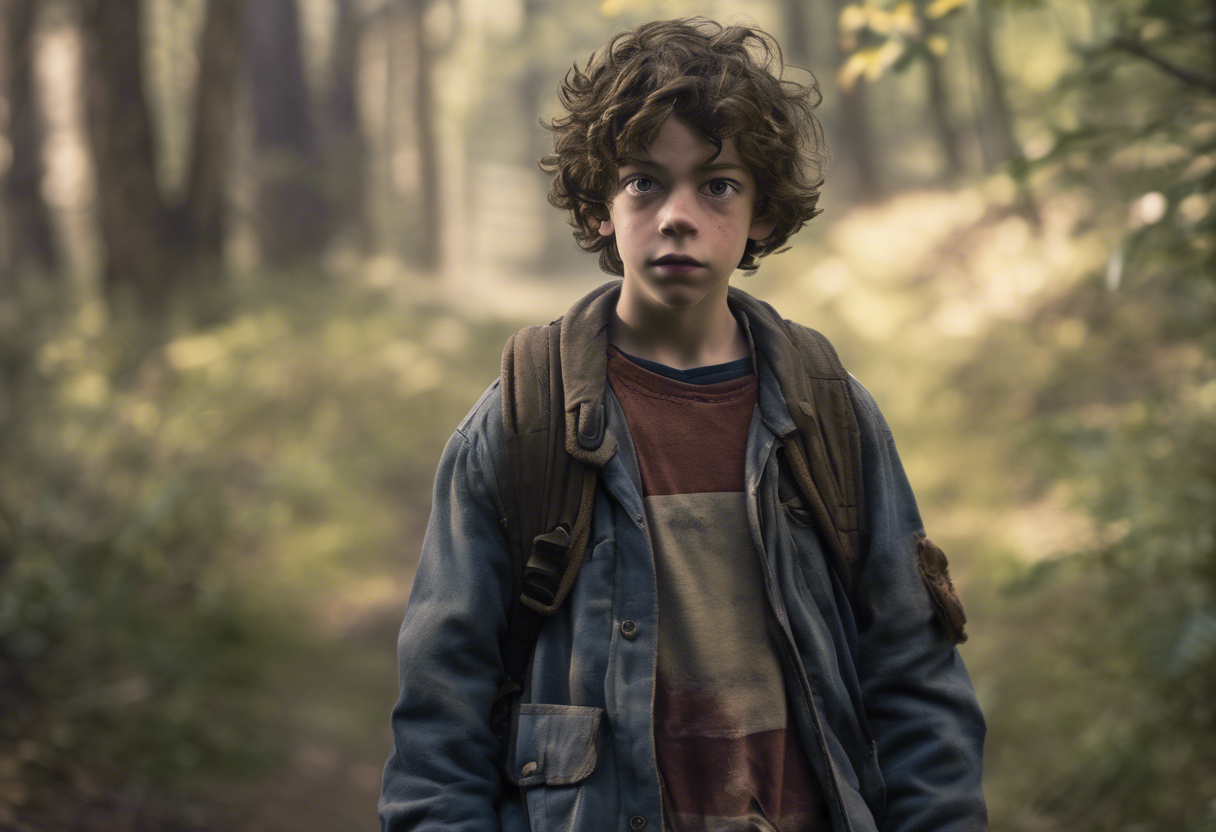Contents
Introduction
Blake DeLong is not a character created for the movie A Quiet Place, but rather the actor who portrays a minor yet significant role in the film. Blake Anthony DeLong, born in 1980, is an American film, television, and stage actor. In A Quiet Place Part II, DeLong plays the role of an Umpire, appearing in a flashback scene at a baseball game right before the creatures invade the town[1][4].
DeLong’s career spans various mediums, including film, television, and theater. He is best known for originating the role of Andrey/Old Bolkonsky in the musical Natasha, Pierre & The Great Comet of 1812. His filmography includes notable roles in Thank You a Lot, Pass Over, Sister Aimee, Late Night, and Tesla, among others[1].
Role in the Story
In A Quiet Place Part II, Blake DeLong’s character, the Umpire, is seen in a brief but pivotal flashback scene. This scene sets the stage for the catastrophic event that changes the lives of the characters in the film. The Umpire is present at a baseball game, which is interrupted by the sudden and terrifying arrival of the sound-sensitive creatures. This scene serves as a backdrop to illustrate the normalcy of life before the apocalypse and highlights the sudden and devastating impact of the creatures’ arrival[4].
The Umpire’s role, although minor, contributes to the overall narrative by providing a glimpse into the pre-apocalyptic world. It helps audiences understand the contrast between the peaceful, everyday life and the chaotic, silent world that follows the creatures’ invasion.
Character Analysis
Given the Umpire’s limited screen time, a detailed character analysis is challenging. However, the character can be seen as a representation of the ordinary person caught in an extraordinary and terrifying situation. The Umpire, like other characters in the flashback, is unaware of the impending doom and is simply performing his duties.
The Umpire’s presence adds to the sense of normalcy and routine, making the subsequent chaos more jarring and impactful. This character, though not central to the plot, helps in building the tension and setting the stage for the main storyline.
Themes and Symbolism
The Umpire, as part of the flashback scene, embodies the theme of normalcy and the sudden disruption of life. This scene symbolizes the fragility of human existence and how quickly it can be turned upside down by unforeseen events. The Umpire’s role is symbolic of the everyday lives that are disrupted by the creatures, highlighting the universal impact of the apocalypse on all members of society[4].
The flashback scene, including the Umpire, also underscores the theme of hope and resilience. Despite the catastrophic event, the film shows how characters adapt and find ways to survive, which is a central message of *A Quiet Place Part II%.
Cultural Impact
Blake DeLong’s role as the Umpire, while not a major character, is part of a film that has had a significant cultural impact. A Quiet Place Part II has been praised for its unique premise, tense atmosphere, and powerful themes. The film’s success has contributed to a broader discussion about survival, family, and the human condition in the face of adversity.
The film’s cultural significance extends beyond its entertainment value, as it explores profound themes such as the importance of human relationships, the need for hope, and the resilience of the human spirit. The Umpire, as a small but integral part of this narrative, contributes to this broader cultural impact[2][5].
Critical Reception
Critics and audiences have generally praised A Quiet Place Part II for its tense and well-crafted narrative. While the Umpire is not a character that has been specifically highlighted in reviews, the flashback scene in which he appears has been noted for its effectiveness in setting the tone for the rest of the film.
The film has been praised for its ability to create a sense of tension and fear without relying on excessive dialogue, and the Umpire’s scene is part of this silent yet powerful storytelling. There have been no significant controversies or varying interpretations specifically related to the Umpire’s role, as it is a minor but effective part of the larger narrative[2][4].
Legacy
The legacy of A Quiet Place Part II, and by extension the minor characters like the Umpire, lies in its ability to tell a compelling and emotionally resonant story. The film’s themes of survival, hope, and the importance of human relationships continue to resonate with audiences.
Blake DeLong’s contribution, though small, is part of a film that has inspired discussions about the human condition and the importance of family and community. The film’s influence can be seen in other works that explore similar themes of survival and resilience in the face of catastrophic events.

